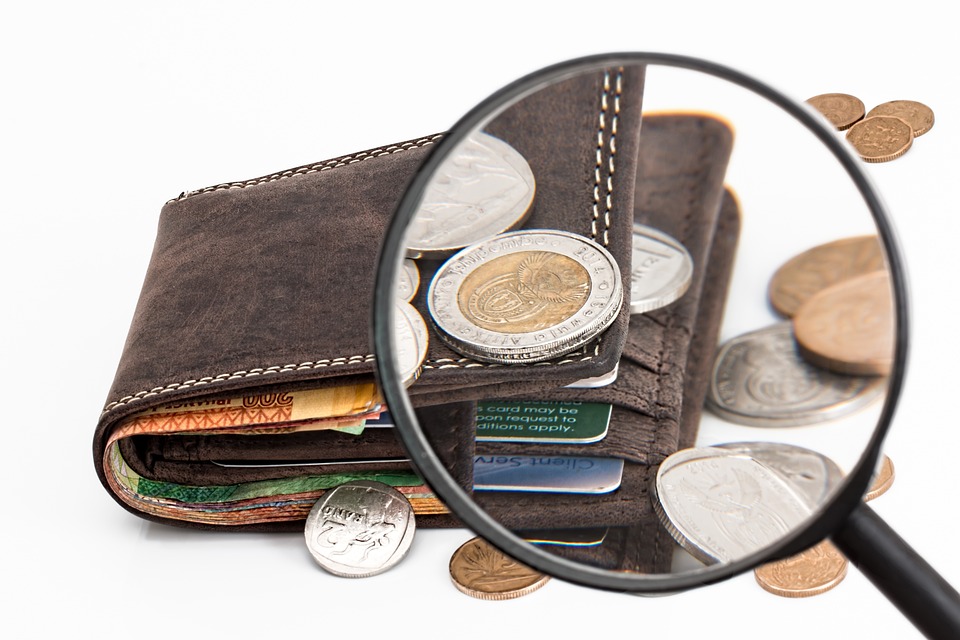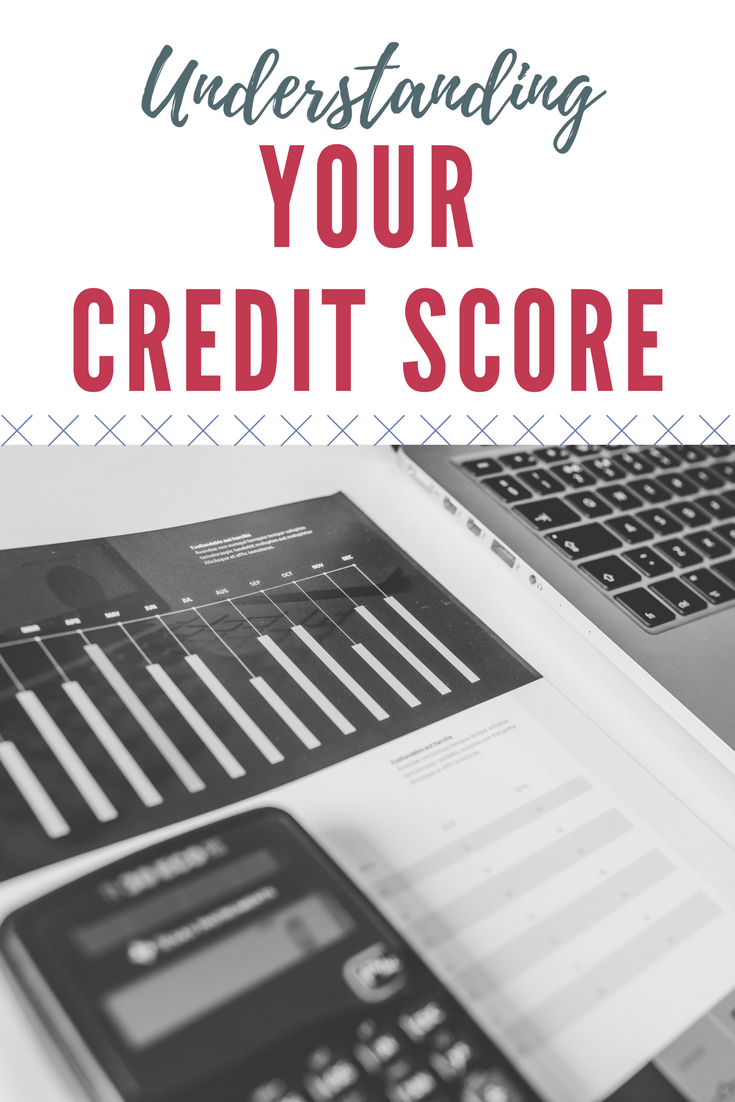
Your credit rating is the single most powerful financial feature at your disposal. It affects your ability to access money or financial instruments, such as credit cards and mortgage loans. For obvious reasons, you should try to improve as much as you can. [Read more…]


